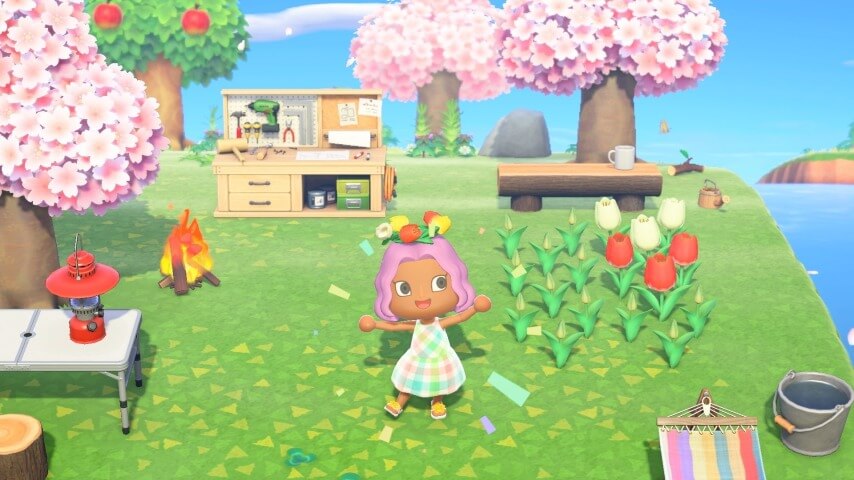Animal Crossing lost a bit of its soul when it turned the player into a god
Nintendo's talking animal game should refocus on talking to animals
Image: Nintendo
Almost six years after the launch of Animal Crossing: New Horizons, Nintendo will be releasing a substantial free 3.0 update to the game on January 15, alongside a $5 Switch 2 upgrade. Considering the last and “final” update was in Autumn 2021, this was certainly unexpected news. As a fan of the series who started with New Horizons, and have spent almost 2000 hours playing it, I’m eager to move on; it might’ve been my first, but after going back to the earlier Animal Crossings, New Horizons’ emphasis on player control over community loses sight of what these games do best.
When the series started on the Nintendo 64 in Japan, the core theme was communication. Every day you would go from screen to screen in your little community, checking in with your neighboring villagers. The post office, which lives on in New Horizons through the postcard stand, was at the heart of the game. You would go there to pay off your loans, which was the closest the game got to an official goal, but also to mail letters to your friends. And although the responses to the letters you sent out to your neighbors were never deep, thoughtful, or personal, the animals would never stop asking you to write more—hammering home the importance of communication.
That was originally the heart of Animal Crossing. After selling your shells, posting your fossils for inspection, and maybe buying a thing or two, all that was left to do was to run errands for your neighbors. Some would gossip about their boyfriends with you, some would snap at you if you got too casual too fast, and others would just try to keep you out of their hair. If you were lucky, you would find a ball you could kick from screen to screen. But conversation was the key.
The town was a fraction of the size of later entries, and villager dialogue repeated before too long, so you were encouraged to seek out other real-life players. With the GameCube port, players could swap memory cards of their towns to visit each other and exchange fruits. (It took actual effort to get all the different kinds of fruit in the original.) Now-dead online multiplayer was a key feature for the DS and Wii entries, with the WiiSpeak gadget being a rudimentary version of GameChat that left all your background noise in. Although these were different games with different dialogue, new items to collect, and even a shopping area to visit in City Folk’s city, these follow-ups preserved that focus on communication.
They also felt overly familiar for fans of the original. For many, the series quickly got stuck in a rut, with 2008’s City Folk a particular low point.
Change was needed, and when New Leaf arrived for the 3DS in 2012, the series broke new ground for the first time in years, at the cost of a little of its heart. Before now, the games started with you moving into an unfamiliar town and making friends with the locals, but here you arrived and were immediately given the role of mayor. You still needed to prove yourself to people, but everyone trusted you a lot more, coming up to you with ideas for improving the town. Although more embedded in the community than ever, you were also more distant, above the common people in many ways. You even had a personal assistant, Isabelle, a mayoral secretary who was at your beck and call 24/7. (The pelicans in the post office did 12-hour shifts but at least you knew they got some time off.) In New Leaf, you’re no longer part of this world, but above it.
Other than a New Leaf update and a spinoff, the series went quiet again until New Horizons arrived for the Switch in 2020. It took the customization introduced on the 3DS to new extremes. Players are able to place practically any item almost anywhere on the island, not just inside of their homes. New Leaf had let you place landmarks and lampposts but now you could shape the whole island in your image. Sites like Nookazon popped up, where players could spend in-game or real money to acquire their favorite villagers and alternate versions of items to get their island just right. Videos of players whipping their less favorite villagers with nets, believing it would make them ask to leave faster, appeared all over the internet. Micro-managing your neighborhood, redirecting the flow of the river, checking in every day to get as many Nook Miles as possible… Remember when Animal Crossing was about talking to your neighbors?
 Keep scrolling for more great stories.
Keep scrolling for more great stories.
